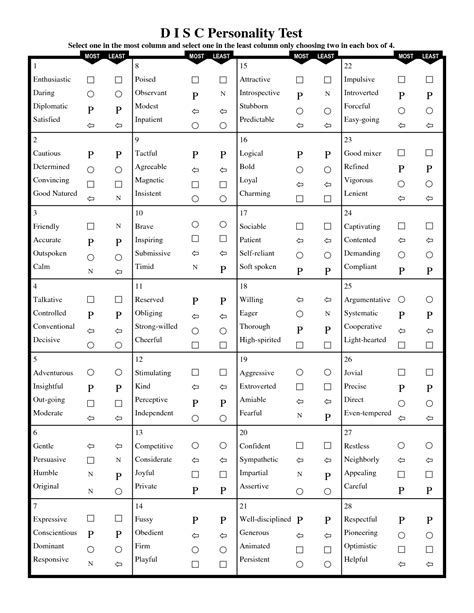Ever felt like you’re speaking a different language than a loved one or a coworker, even when you’re using the same words? Or perhaps you've been in a team meeting where brilliant ideas clashed not because they were bad, but because of how they were presented? Trust me, I've been there. I remember using a quick self-assessment from a printable DISC personality test years ago, completely on a whim, and it was like a lightbulb went off, helping me navigate a particularly tricky group project where misunderstandings were the norm. It transformed how I approached communication, not just at work, but at home too.
The truth is, understanding personality styles isn't just for HR departments anymore. A printable DISC personality test is an incredibly accessible tool for anyone wanting to gain deeper self-awareness, improve communication, and build stronger, more effective relationships. It's not about boxing people in, but about understanding natural preferences and leveraging them for greater harmony and success. If you're looking to decode behavior patterns, yours and others', and unlock a new level of connection, you're in the right place.
Understanding Your Core Style: The "Me" Factor
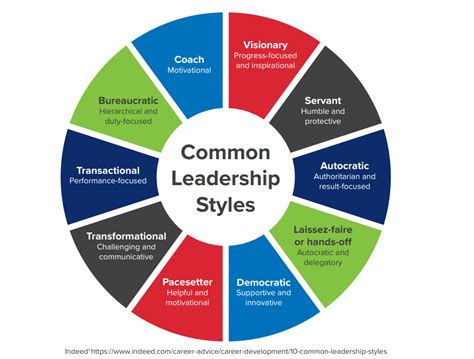
Getting started with a printable DISC personality test often begins with a journey inward. This category focuses on using DISC to illuminate your own inherent behavioral preferences, strengths, and potential areas for growth. It’s about recognizing your default settings and how they impact your interactions.
- Discovering Your Primary Driver: Use the test to pinpoint if you're primarily Dominant (D), Influential (I), Steady (S), or Conscientious (C). This foundational understanding is key. *I used this section to confirm my own high 'I' score, finally understanding why I thrive in collaborative brainstorming sessions but struggle with meticulous data entry.*
- Leveraging Your Strengths: Identify the natural talents associated with your style. If you're a high 'D', you're likely a natural leader. If 'I', you're a great persuader. 'S' means you're dependable, and 'C' signifies precision.
- Pinpointing Growth Areas: No style is perfect! A high 'D' might need to work on patience, an 'I' on follow-through, an 'S' on embracing change, and a 'C' on delegation. The test can highlight these.
- Understanding Stress Responses: How do you react under pressure? DISC can offer insights into whether you become more assertive, withdrawn, or rigid when stressed.
- Decoding Decision-Making: Learn how your style impacts your decisions – are you fast and intuitive, or slow and analytical?
- Recognizing Your Communication Habits: Do you prefer direct talk, inspiring stories, detailed facts, or empathetic listening? Your DISC style can tell you.
- Building Self-Acceptance: Embrace your unique wiring. The test isn't about changing who you are, but understanding it.
Improving Communication: Bridging the Gap
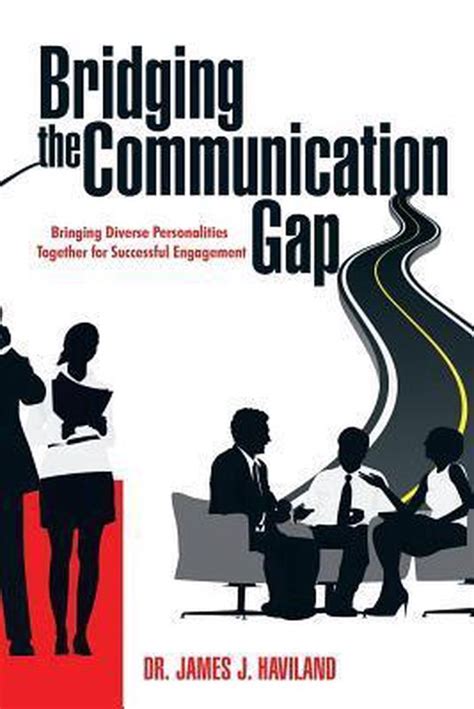
Once you understand yourself, the next step with your printable DISC personality test is to understand others. This is where the magic truly happens, transforming potential misunderstandings into opportunities for connection.
- Speaking Their Language: Learn to tailor your communication style to resonate with others. For a 'D', be direct. For an 'I', be enthusiastic. For an 'S', be reassuring. For a 'C', be precise.
- Active Listening for Clues: Pay attention to others' behavior, even subtle cues, to guess their likely DISC style and adjust your approach.
- Navigating Disagreements: Instead of escalating, understand the underlying style driving their argument. A 'D' might seem aggressive, an 'I' overly emotional, an 'S' resistant to change, and a 'C' overly critical.
- Giving Effective Feedback: A 'D' needs direct feedback, an 'I' needs encouragement, an 'S' needs supportive guidance, and a 'C' needs detailed, factual critiques.
- Building Rapport with Diverse Personalities: Use DISC insights to connect genuinely with people who think and act very differently from you. *I realized my super-organized 'C' friend needed precise plans, not my usual spontaneous 'I' invitations, and our hangouts immediately improved!*
- Reducing Conflict & Misunderstandings: Much conflict stems from a lack of understanding of differing communication styles. DISC provides a framework to prevent this.
- Creating More Empathetic Interactions: By understanding where others are coming from, you can respond with greater empathy and patience.
Applying DISC in the Workplace: Team Synergy & Leadership
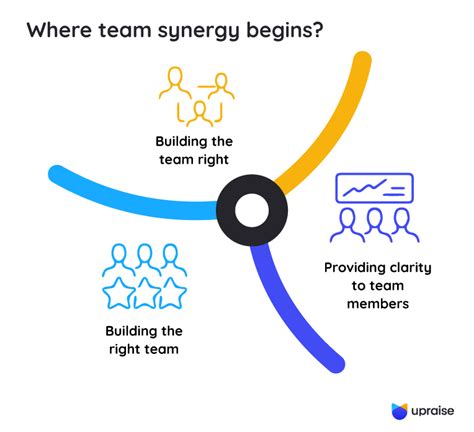
The workplace is a prime environment for leveraging insights from a printable DISC personality test. From team building to conflict resolution, understanding these dynamics can significantly boost productivity and morale.
- Optimizing Team Assignments: Place 'D's in leadership roles, 'I's in sales/marketing, 'S's in customer service/HR, and 'C's in research/analysis.
- Boosting Team Collaboration: Understand why some team members jump into action (D), others inspire (I), others stabilize (S), and others analyze (C), and how to make these styles work together.
- Effective Leadership & Delegation: As a leader, tailor your delegation style to each team member's DISC profile for maximum engagement and results.
- Conflict Resolution: Use DISC to mediate workplace conflicts by helping individuals understand each other's perspectives and preferred resolution methods.
- Interviewing & Hiring: While not a sole determinant, DISC insights can help you ask targeted questions to assess behavioral fit for a role and team.
- Performance Management: Frame feedback and development plans in a way that resonates with each employee’s primary DISC style.
- Client & Customer Relations: Adapt your sales or service approach to match the client's likely DISC style, improving satisfaction and closing rates. *This is my favorite strategy because it saved me countless times when dealing with demanding clients – understanding their 'D' drive or 'C' need for detail changed everything.*
Fun & Informal Uses: Friends, Family & Beyond

A printable DISC personality test isn't just for serious stuff! It can add a surprising layer of insight and fun to your personal relationships too.
- Understanding Family Dynamics: Ever wonder why Uncle Bob is so direct or Aunt Carol is so concerned about everyone's feelings? DISC can offer clues.
- Improving Parenting/Child Rearing: Tailor your discipline or encouragement style to your child's emerging personality (e.g., a 'D' child might need clear boundaries, an 'I' child lots of praise).
- Navigating Friendships: Understand why one friend needs emotional support (S/I) while another prefers problem-solving (D/C).
- Planning Social Gatherings: If you have a lot of 'I's, expect a lively party. A group of 'C's might prefer a quiet, intellectual discussion.
- Resolving Household Conflicts: My spouse is a strong 'C' and I’m a high 'I'. When we disagree, I used to get frustrated by their need for details, and they by my broad generalizations. Now, we consciously try to meet in the middle – I give more details, they try to see the bigger picture.
- Choosing Vacation Styles: An 'I' might want adventure and social interaction, while a 'C' might prefer a meticulously planned, peaceful retreat.
- Just for Fun & Curiosity: Sometimes, it’s just interesting to see where you and your loved ones land on the spectrum, sparking fun conversations and lighthearted self-discovery.
Choosing the Right Printable Test: Quality Matters

Not all printable DISC personality tests are created equal. This section guides you on what to look for to ensure you get a reliable and insightful assessment.
- Look for Reputable Sources: While many free tests exist, look for those based on established DISC models or offered by organizations specializing in personality assessments.
- Consider Length and Depth: Some tests are quick, others are more comprehensive. A longer test often provides more nuanced results.
- Clear Interpretation Guides: The best printable tests come with detailed explanations of each style and what your scores mean. This is crucial for beginners.
- Behavioral Indicators: Good tests describe behaviors, not just labels. They explain *what* a 'D' does, not just *that* they are a 'D'.
- Actionable Insights: Does the test provide tips on how to use your results for personal growth and improved relationships?
- Self-Scoring Mechanism: Ensure the printable test has a clear, easy-to-follow scoring method.
- Cost vs. Value: While many free options are available, investing in a reputable, paid printable DISC personality test often yields more accurate and comprehensive insights.
Decoding Your Results: Interpreting the Nuances

Getting your results from a printable DISC personality test is just the first step. Understanding what they truly mean and how to apply them requires a bit of savvy interpretation.
- Beyond the Primary Letter: While you'll likely have a dominant style, remember you possess all four to varying degrees. Look at your secondary and tertiary styles too.
- Understanding Blends: Most people are a blend, like a "Di" (Dominant with Influence) or an "SC" (Steady with Conscientiousness). These blends offer more specific insights into your behaviors.
- Situational vs. Natural Style: DISC often measures your *natural* style, but recognize that you might adapt a *situational* style in different environments (e.g., you might be naturally an 'I' but act more like a 'C' at work due to your role).
- No "Good" or "Bad" Results: Emphasize that every style has strengths and weaknesses. The goal is self-awareness, not judgment. *Don’t be like me and think a high 'I' means you're just a chatterbox; it also means you're often optimistic and inspiring!*
- Focus on Behaviors, Not Labels: Use the DISC results to understand specific actions and reactions, rather than rigidly labeling yourself or others.
- Reviewing the Narrative: Many tests come with narrative descriptions of your profile. Read these carefully as they often provide the most valuable context.
- Discussion with Others: Share your results (if comfortable) with trusted friends or family. Their insights can often confirm or add nuance to your own understanding.
Tips for Personalizing Your DISC Journey

Getting a printable DISC personality test is fantastic, but the real power comes from making its insights work for *you*.
- Start with Self-Reflection: Before even taking the test, think about your strengths, weaknesses, and how you react in different situations. This pre-work enhances the post-test insights.
- Observe Others Actively: Once you understand the DISC styles, make a game out of trying to identify them in your daily interactions. This improves your observation skills.
- Journal Your Insights: Keep a small notebook or digital doc to jot down observations about yourself and others based on DISC, and how those insights helped you.
- Practice Adapting: Consciously try to adjust your communication or behavior to better connect with someone of a different DISC style. It feels awkward at first, but it gets easier.
- Focus on One Area at a Time: Don't try to overhaul everything at once. Pick one relationship or one communication habit you want to improve using DISC. My personal preference is to start with a close relationship; it provides immediate feedback and motivation.
- Revisit Your Results: Your core style usually doesn't change, but your understanding and application of it will evolve. Re-reading your results months later can offer new perspectives.
- Share and Discuss: If appropriate, share your results with close friends, family, or team members. Discussing different styles can foster mutual understanding and empathy.
Common Pitfalls: What to AVOID When Using Printable DISC Tests
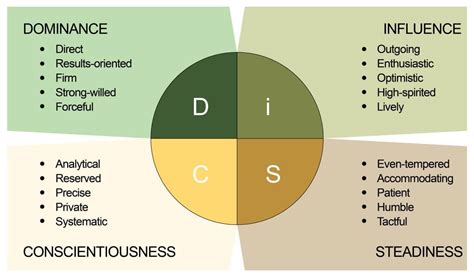
While incredibly useful, there are a few traps to avoid when diving into the world of printable DISC personality tests. Don't be like me and learn these the hard way!
- Avoid Stereotyping: Never use DISC to put people into rigid boxes. It describes *preferences* and *tendencies*, not fixed identities. Someone isn't *just* a 'D'; they are a complex individual with 'D' tendencies.
- Don't Use it as an Excuse: Saying "Oh, I'm a 'D', so I'm naturally blunt" isn't an excuse for poor behavior. It's an *explanation* that should lead to self-management, not justification.
- Misinterpreting "Weaknesses": What might seem like a weakness in one context (e.g., a 'C's perfectionism slowing down a project) can be a huge strength in another (e.g., ensuring meticulous accuracy).
- Only Focusing on Your Own Style: The real power of DISC is in understanding *all* styles and how they interact, not just your own.
- Using it for Judgment: Never judge someone based on their perceived DISC style. Use it to understand and connect, not to criticize.
- Relying Solely on Quick/Free Tests: While a great starting point, free tests might lack the depth and reliability of professionally developed assessments. Think of them as appetizers, not the main course.
- Forgetting Context Matters: People might adapt their behavior in different environments (work vs. home). A 'C' at work might be more 'I' on vacation. Don’t make assumptions!
Now that you're armed with insights on how to choose, use, and interpret your printable DISC personality test, you're ready to embark on a journey of self-discovery and relational mastery. Go forth and understand your world—and yourself—a little better!
